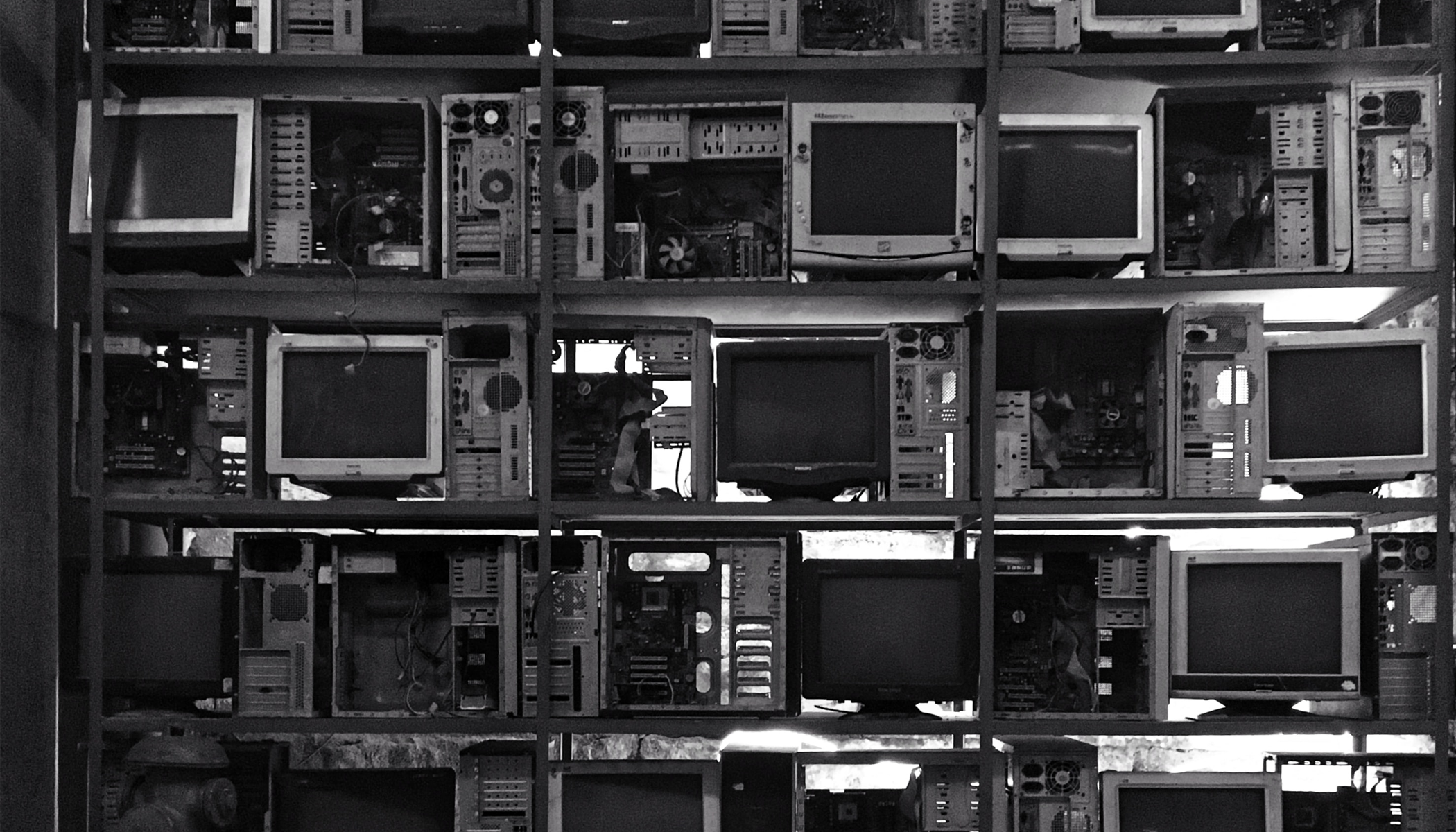

“If you or a loved one has been diagnosed with mesothelioma, you may be entitled to financial compensation” or “Call Today! You Will Not Owe a Dime unless You Settle!”
We have all become familiar with these TV ad tag lines. Whether you like it or not, they have become the norm on television with about $1B spent annually. Ever since the Supreme Court declared plaintiff advertising a 1st Amendment right in the 1977 decision Bates v. State of Arizona, legal services advertising has skyrocketed on TV, websites, social media, and elsewhere. In addition to TV ads, a recent study found mesothelioma related terms made up 67 out of the top 100 most expensive keywords searched on Google between 2014 and 2018. However, as we enter the era of COVID-19 with much of the country staying home more than ever, what are the new impacts of plaintiff advertising and how can it implicate mass tort litigation?
According to Kantar, a data consulting company, COVID-19 has resulted in higher TV viewing levels as more people stay home and practice social distancing. Young millennials have driven the increase in viewership, as many college students are returning home from school. This can ultimately give plaintiff firms a new and larger audience to market their legal advertisements. The Wall Street Journal cites the Consumer Attorney Marketing Group that staying home can increase the amount of content watched on TV by 60%. The same marketing group reports that due to the economic uncertainty, less brands are buying ad time, resulting in 8-13% new ad time which they believe can be used by plaintiff firms for mass tort advertising. This could give plaintiff attorneys and lead generators (companies that specialize in mass tort advertising) unprecedented access which may have lasting effects for years to come.
The Institute for Legal Reform recently published a report showing some mass tort litigation ads use misleading practices. According to the report, these ads oftentimes appear in news-type formats and include doctors expressing support for the litigation, even though these doctors are medical professionals with expertise in a different field. Some ads even lack direct scientific or medical evidence. As a result, consumers can be tricked into mistaking plaintiff ads as public health warnings. Some states have taken notice and have passed laws preventing such ads. West Virginia passed a law in March 2020 that prohibits ads from inaccurately identifying as “consumer medical alerts” or “medical alerts”, as well as preventing any legal advertising that fails to identify as a paid sponsor. Without such laws, these misleading practices may further influence the public at a time when more people are at home watching TV due to COVID-19.
The same people who are now staying home because of COVID-19 are also potential jurors who may soon be selected for jury duty. Therefore, an increase in plaintiff counsel advertising, along with misleading content, can consciously or subconsciously impact these potential juror’s thoughts about a disease or product before even entering the court room. Once in the court room, how will a juror feel sitting so close to their fellow jurors? Will there be a fear of contracting COVID-19 in the court room? Will it be possible to apply social distancing in a court room setting? How will this fear affect a jury’s decision-making?
Psychologists believe this fear induced by COVID-19 ultimately affects our thought process, especially in the court room. Blueprint Trial Consulting, a litigation strategy firm, cites a 2009 Columbia University study which found that fear triggered by catastrophic events can lead to irrational decision making. While it is too soon to know if this irrational mindset will influence how a juror views a defendant company in the court room, it is clear COVID-19 is drastically changing how people live their everyday life. Until the court system reopens and trials resume, it may be some time before we can see the true impacts that plaintiff counsel advertising has had on jurors, and ultimately, their verdicts.
COVID-19 is already opening the door for a new kind of TV advertising: “If you or a family member has become seriously ill or someone has died from coronavirus due to someone else’s negligence or fault, you should seek legal advice immediately.” The coronavirus pandemic has created a window for potential lawsuits against health care providers and manufacturers. Some states, such as Illinois, New York, and Michigan have used executive powers to protect providers from lawsuits. Nonetheless, lawsuits filed against employers for reopening too early or against businesses without paid sick leave are all COVID-19 related lawsuits which may soon make its way into the courtroom. Time will only tell how widespread these kinds of lawsuits will become.
We are living in unprecedented times, and every day brings new and unexpected changes. Here at KCIC, we are closely monitoring how COVID-19 is impacting mass tort litigation, especially with asbestos filings. As mentioned in a previous KCIC blog post, our data already shows a slight decline in asbestos filings since stay at home orders were issued in March. We will continue to keep you updated as more data becomes available.
Never miss a post. Get Risky Business tips and insights delivered right to your inbox.